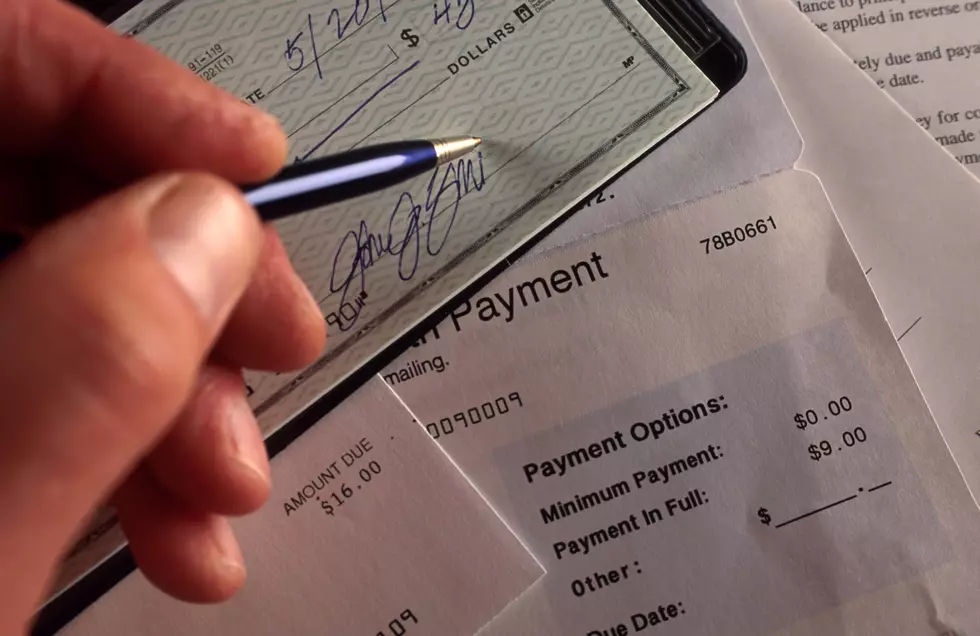
Seven Ways to Take Some of the Sting Off Student Loans
The price of success can be pretty steep. Ask any college student who had to get student loans on their way to a chosen career. Students in the State of Michigan owe at least $52 billion. Nationwide, the debt is around $1.7 trillion. That’s according to the National Student Loan Data System (NSLDS).
So what can you do to make it a little easier to take? As Michiganders prepare for the upcoming fall semester and start paying their college tuition bills, the Michigan Department of Treasury’s MI Student Aid Team is offering help. They’re asking students and their families to be alert and informed when considering student loans.
“More and more, students and families have to cover a considerable amount of their higher education costs,” said Robin Lott, director of the Office of Postsecondary Financial Planning. “When student borrowers become financially empowered, they can better understand how to manage and leverage the financial aid they receive.”

To make the best decision regarding student loans, the MI Student Aid team recommends seven financial aid best practices tips:
- Complete the Free Application for Federal Student Aid (FAFSA). Colleges use information from the FAFSA to determine their financial aid awards. By completing and submitting the FAFSA, students maximize all their financial aid options.
- Understand loans must be repaid. Not all financial aid included in a financial aid award letter is free money. Many financial aid awards will include federal student loans. Unlike grants and scholarships, loans must be repaid with interest.
- Check the amount of interest being offered on a loan before accepting it. Federal student loans, Parent Loan for Undergraduate Students (PLUS) loans, and private loans have varying interest rates and repayment terms. Before taking out loans, students should identify and compare each loan’s interest rate and then accept the loans with the best interest rates and repayment terms.
- Only accept the amount you will need. Students can either turn down a loan or request a smaller loan amount, and the financial award letter should include instructions on how to do this.
- Be aware of loan scams. In a typical student loan scam, a scammer will ask for banking information from a student searching for loans. The scammer typically claims they will use the information to make a direct deposit into a student’s account in return for upfront fees and gift cards. Instead, the scammer accesses the student’s banking account and withdraws funds. In addition, be aware of repayment scams. You don’t have to pay for help when repaying student loans. Contact your servicer if you have repayment questions.
- Visit the school’s financial aid office once a semester. Even though students may not have to begin repaying their loans while they are in school, students should not wait to understand their responsibilities. Students should know the status of their college’s or university’s student account and keep track of the types of aid they receive. By making this a habit, students can avoid over-borrowing and stay within their budget.
- Create a studentaid.gov account. Studentaid.gov, managed by the U.S. Department of Education, is a one-stop-shop for managing federal student aid. With a studentaid.gov account, students can track all their student loans, check the interest rate of each one, and total interest accumulated to date. Students can also look over different repayment options, estimate monthly payments and learn who their loan servicer is for when repayment begins.
- For more information, click here.
- Or, go to the MI Student Aid website. treasu
- Call: 1-888-447-2687
- or @mistudentaid on Facebook, Twitter, Instagram, and Snapchat.
LOOK: Here are 25 ways you could start saving money today
More From WBCKFM








